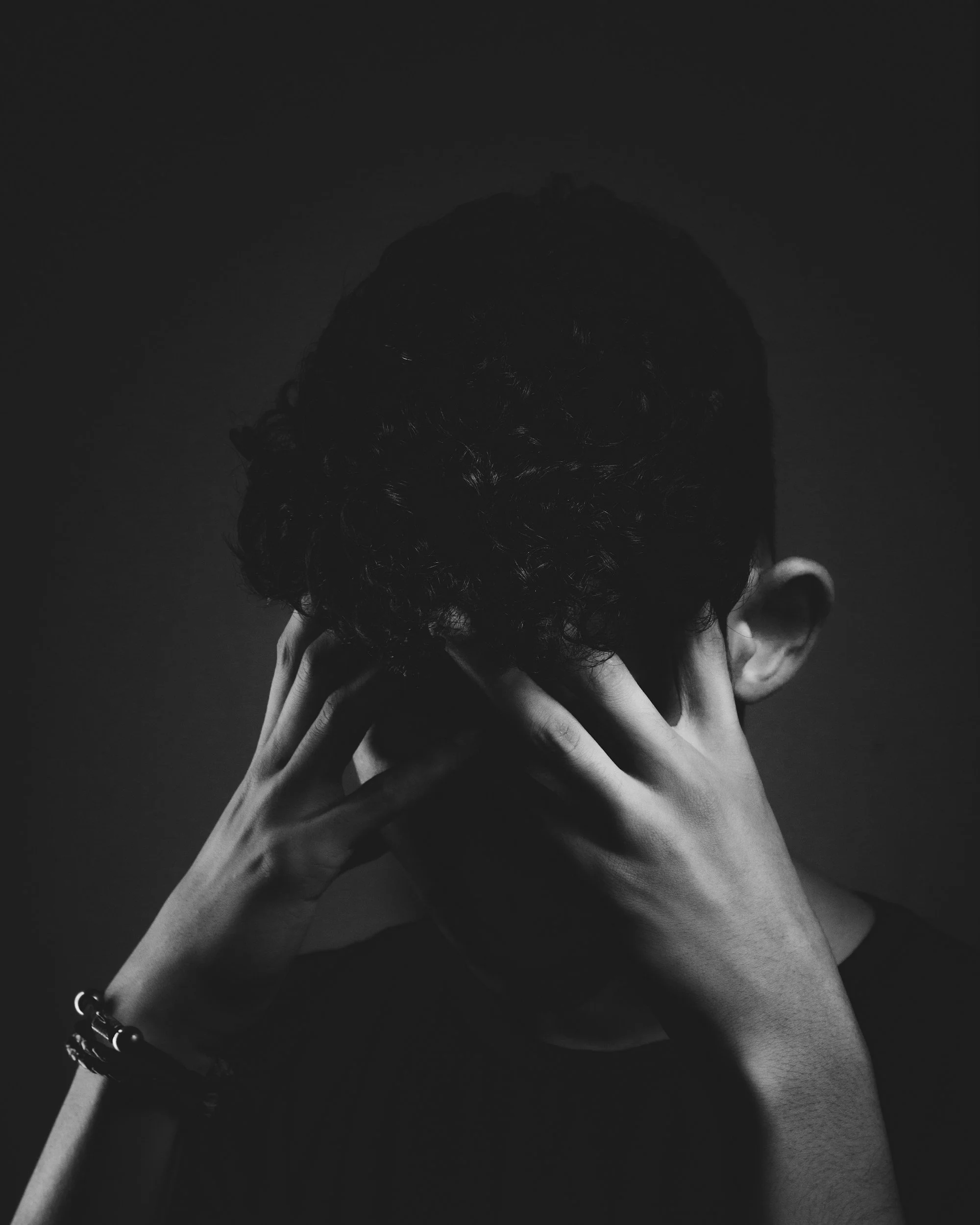Depression
Overview:
Depression is more than just feeling a bit sad after a tough day.
It can be characterised by prolonged periods of low mood, lack of motivation, and feelings of hopelessness that significantly impact your daily life.
Depression can develop from a combination of factors, including traumatic experiences, chronic stress, learned patterns of negative thinking, low self-esteem, and a generally pessimistic outlook.
Studies show that depression is linked to reduced activity in key areas of the brain such as the prefrontal cortex, hippocampus, and amygdala. It can also involve imbalances in neurotransmitters and “feel-good” hormones like serotonin.
Hypnotherapy can help with depression in many ways. It can:
Promote deep relaxation and reduce stress
Support healthier brain chemistry, including the production of serotonin and other “feel-good” hormones
Shift negative thought patterns and self-limiting beliefs
Improve coping skills and emotional resilience
Encourage a gentler, more compassionate relationship with yourself
Even when you consciously want to feel better, old patterns can keep you stuck. You may notice:
Feeling unmotivated despite knowing what might help you
Replaying negative thoughts or memories on a loop
Constant self-criticism or self-doubt
Feeling “numb” or disconnected from your emotions
Struggling to take steps forward even when you know they’re positive
These are often signs that the subconscious mind is still holding onto old beliefs or protective patterns. Hypnotherapy works gently with these deeper layers, creating space for lasting change without forcing it.
Facts:
Approximately 1 in 6 UK adults, around 17%, experience Depression.
The COVID-19 pandemic saw a rise in moderate to severe depressive symptoms in UK adults. Surveys show a jump from 10% before the pandemic to 21% by early 2021.
Younger adults (16-29) are more likely to experience depression than older adults.
Women report higher rates of depression than men across all age groups.
How hypnotherapy can help you:
During a Hypnotherapy Session, we work with both your conscious mind and your subconscious mind.
You will be gently guided into hypnosis, where you’ll experience a state of deep, blissful relaxation - a space where the nervous system can soften and the mind becomes more receptive to change.
At the heart of this work is a shift from force to flow - from effort, pressure, and inner conflict to ease, calm, and inner peace. When we stop fighting ourselves, space is created for change to unfold naturally and sustainably.
While in hypnosis, you will receive direct suggestions, gently leveraging your brain’s neuroplasticity and encouraging the formation of new neural pathways - an essential part of long-lasting change.
We use ego-strengthening techniques to support a healthier sense of self, increased self-trust, and a stronger sense of inner stability and purpose.
Together, we work to identify and replace negative thought patterns and self-limiting beliefs with more supportive, empowering ones.
We will gently explore your specific triggers, learning how to manage - and often reduce or eliminate - their emotional charge.
Where appropriate, formative memories may be revisited and softly re-coded, allowing the subconscious mind to update old responses that are no longer serving you.
We also identify and challenge any secondary gains - the hidden reasons a pattern may have been unconsciously maintained.
Alongside hypnosis, we explore practical coping tools including NLP anchoring, tapping (EFT), breathing techniques, and grounding practices you can use in everyday life.
Some clients find it particularly helpful to work with their inner child, rebuilding a sense of safety, reassurance, and self-compassion, or to reconnect with their intuition - sometimes referred to as inner guidance - strengthening their ability to trust themselves and their choices.
Between sessions, you will be encouraged to listen to a bespoke audio recording and, where helpful, engage with reflective practices such as a positivity journal to support integration.
When you feel ready to complete your therapy, you will receive a Longevity Plan designed to help embed the changes you’ve made and support you in moving forward with confidence and independence.
Testimonials
Transformation in 3 simple steps
Discovery Call
20 minutes - Free - a chance to get to know each other and ask any questions you might have about hypnotherapy.
2. Initial Consultation
60 minutes - £25 - time to explore your goals, background, preferred style of working together and a taste of hypnosis.
3. Hypnotherapy Session
60 minutes - £85 - tailored and targeted sessions supporting you connect with calm and feel back in control.













